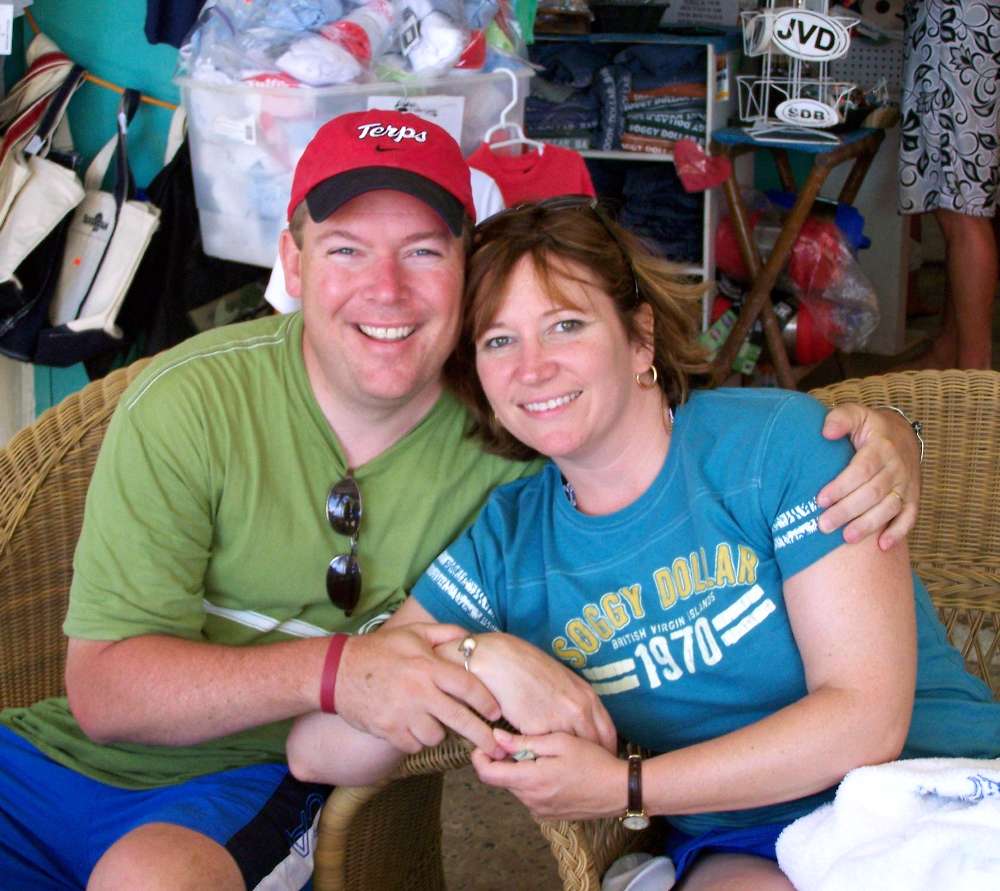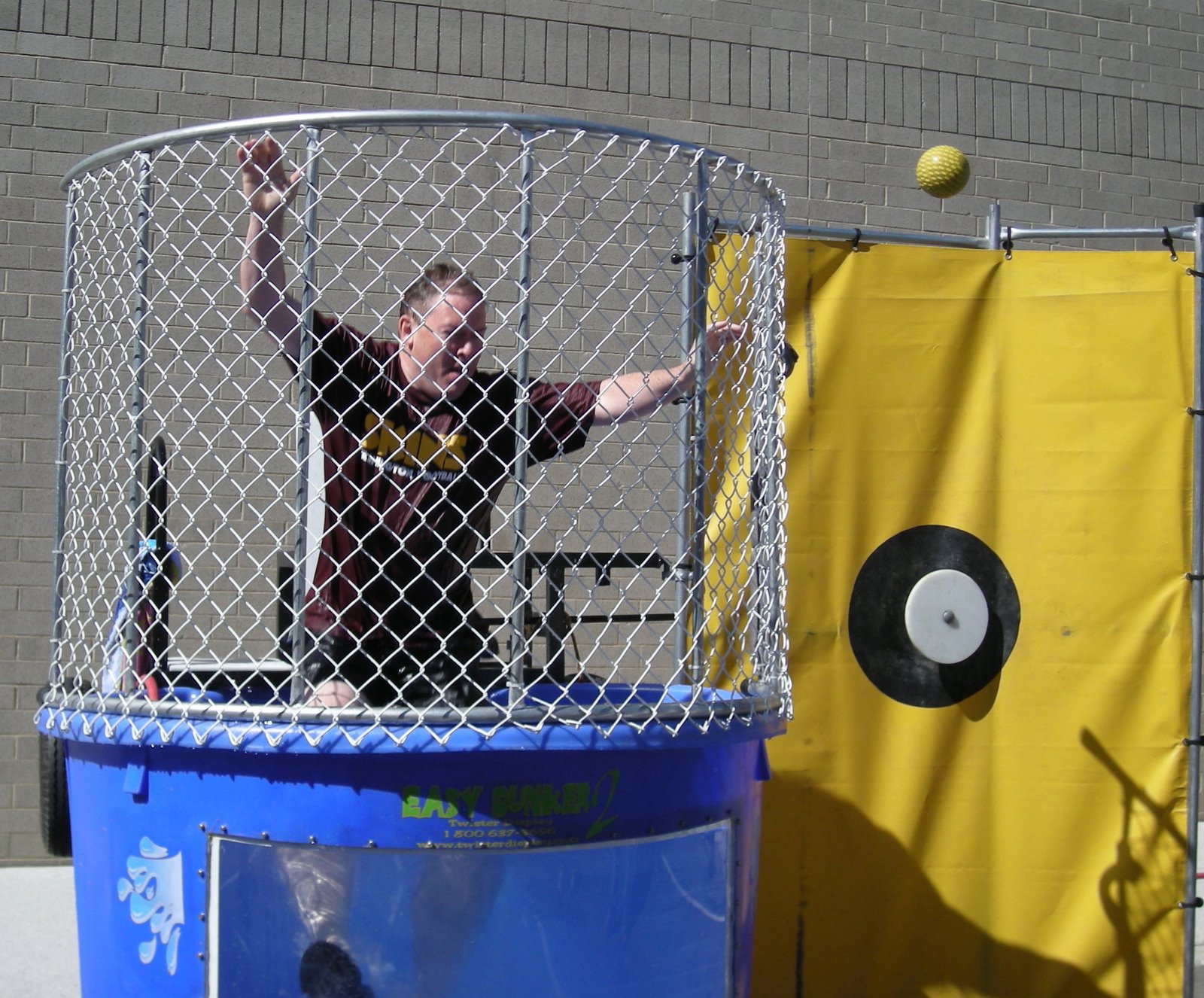
Thanks to Ms. Swank, our students have been studying the Holocaust and the horrible consequences that result when people act out their hate. As a culmination to the unit, Mrs. Agi Geva visited our school to share her inspiring story about surviving the German death camps that were used during World War II that killed over 6 million Jews, as well as other people, who were hated by Hitler and his followers. Mrs. Geva shared with our 7th graders that no matter how dark and scary situations can get...there is always hope.


Agi Geva was born in Budapest, Hungary on June 2, 1930. When the German occupation of Hungary occurred on March 19, 1944, Agi, her younger sister Zsuzsanna and her parents, Rozsa and Zoltan Laszlo had been living in Miskolcz.
Rozsa, Agi and Zsuzsanna were deported to Auschwitz, the notorious Nazi death camp in Poland. Despite many selections, Rozsa and her daughters managed to remain together throughout their ordeal.
After they had been in Auschwitz for several weeks they were transferred to Plaszow, where conditions became worse. When the camp at Plaszow was liquidated, the Nazis transported them back to Auschwitz. Harsher selections followed, yet they still succeeded to stick together.
A short time later they found themselves among 180 Hungarian and 20 Polish women who were selected for factory work. They were all transported to a small labor camp in Rochlitz, Austria, near Leipzig. There, they were trained to work at a factory that manufactured spare parts for airplanes. After the training period they were sent to the factory in Calw, near Stuttgart, Germany.
After working at the factory for several months, all of the women were sent on a forced march of 400 kilometers. The women on the march were liberated by the American army on April 28, 1945. Agi remained with her mother and sister in Innsbruck for eight months, and then they all returned to Hungary.
In 1949 Agi and Zsuzsanna immigrated to Israel. There, they each married (Zsuzsanna to a fellow survivor). Agi had two children and her sister had three. Zsuzsa went to live in Kibbutz Haogen where she still lives today. Agi’s mother, Rozsa, had remarried while she lived in Miskolcz. In 1956 she and her second husband, Dr. Sugar Gyula, made aliya to Israel. Rozsa died at the age of 98. She is survived by two daughters, five grandchildren and seventeen great-grandchildren.
After living in Israel for 53 years, Agi came to the United States to reside with her daughter. She has been a volunteer at the U.S. Holocaust Memorial Museum since 2002. (resource: http://www.ushmm.org/education)


Agi Geva was born in Budapest, Hungary on June 2, 1930. When the German occupation of Hungary occurred on March 19, 1944, Agi, her younger sister Zsuzsanna and her parents, Rozsa and Zoltan Laszlo had been living in Miskolcz.
Rozsa, Agi and Zsuzsanna were deported to Auschwitz, the notorious Nazi death camp in Poland. Despite many selections, Rozsa and her daughters managed to remain together throughout their ordeal.
After they had been in Auschwitz for several weeks they were transferred to Plaszow, where conditions became worse. When the camp at Plaszow was liquidated, the Nazis transported them back to Auschwitz. Harsher selections followed, yet they still succeeded to stick together.
A short time later they found themselves among 180 Hungarian and 20 Polish women who were selected for factory work. They were all transported to a small labor camp in Rochlitz, Austria, near Leipzig. There, they were trained to work at a factory that manufactured spare parts for airplanes. After the training period they were sent to the factory in Calw, near Stuttgart, Germany.
After working at the factory for several months, all of the women were sent on a forced march of 400 kilometers. The women on the march were liberated by the American army on April 28, 1945. Agi remained with her mother and sister in Innsbruck for eight months, and then they all returned to Hungary.
In 1949 Agi and Zsuzsanna immigrated to Israel. There, they each married (Zsuzsanna to a fellow survivor). Agi had two children and her sister had three. Zsuzsa went to live in Kibbutz Haogen where she still lives today. Agi’s mother, Rozsa, had remarried while she lived in Miskolcz. In 1956 she and her second husband, Dr. Sugar Gyula, made aliya to Israel. Rozsa died at the age of 98. She is survived by two daughters, five grandchildren and seventeen great-grandchildren.
After living in Israel for 53 years, Agi came to the United States to reside with her daughter. She has been a volunteer at the U.S. Holocaust Memorial Museum since 2002. (resource: http://www.ushmm.org/education)




Way to go Ms. Swank...thanks for inspiring us all to be our very best!


















1 comment:
What a great learning experience for the students of WLMS. I'd love to hear more about how the students responded to Mrs. Agi Geva's life story. I'm sure hearing about the atrocity from someone who lived through it was unbelievably moving.
Post a Comment